How to avoid unexpected costs when returning your lease car.
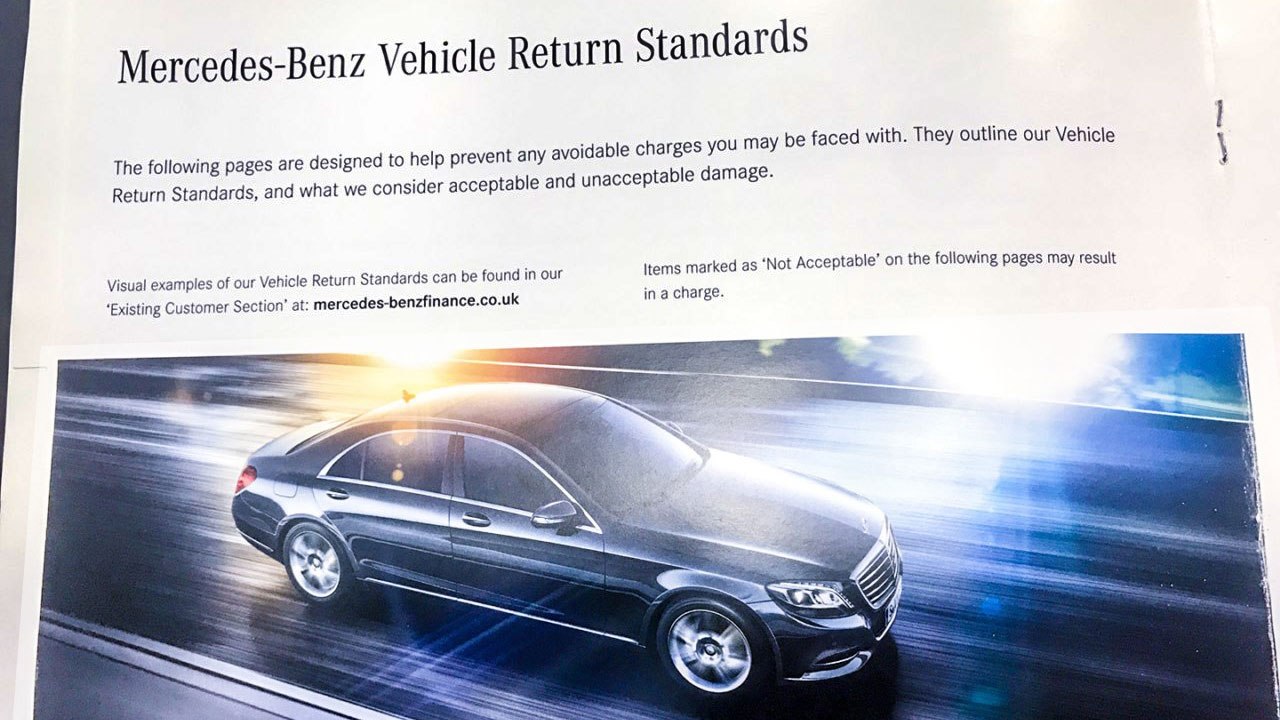
I’ve seen lease recharges for excess wear and tear of more than £5000 on one car. I have also advised someone to deal with their badly repaired car and take it back to the bodyshop who repaired it, (done on the insurance) who've not taken any action and ended up with a bill for £1400 for excess wear and tear two weeks before Christmas.
In the many years that we have been providing lease return inspections, we have given lots of advice, often after-the-fact, from people who have returned lease cars and are now unhappy. While leasing a car is very cost-effective, the part where you have to actually give the car back is little understood and this can lead to additional costs if you are not informed and prepared.
So, the return date for your lease car is coming up, and you’ve got one or two pieces of damage that concern you. You could keep your fingers crossed and hope the lease company don’t see them, or you could shop around and see if you can get them fixed before it goes back.
Here’s some useful advice to help you avoid unexpected charges for Excess wear and tear.
The first thing to do is to understand how it all works. So call your lease company and ask them a few simple questions:-
- Do they have a list of the charges they make to give you an idea?
- Do they adhere to the BVRLA or do they work to their own set of standards for fair wear and tear? Just a little note on that subject, the British vehicle rental and license Association produce a guide indicating what is seen to be fair wearing tear and, of course, excess wearing tear. It covers things like missing keys, scuffs on wheels, cigarette burn holes in seats, dirty seats and carpets, scuffed bumpers, small dents, chips on stone chip screen, incorrect tires, missing locking wheel nut or even missing parcel shelves and a whole lot more.
- Ask them, do they work to a threshold? Some Lease Company’s work to a figure. Let’s say £100 or £200 or £500 so for example : if you have a scuffed wheel and the recharge for that would be, let’s say £60 and maybe a broken front numberplate at a value of £26 as a recharge total £86, then if your lease company was working to a threshold of £100 they are very unlikely to send you a bill, however if you had forgotten to return the spare key which is usually valued at somewhere between £200 and £250 then you would very likely get charged for all three because you’ve gone over that threshold.
- How do they process your car? In other words, do they send an inspector out to check it and then advise you on what you need to do? Or do they send a driver to collect it and then check it back at their compound? Some lease companies send out an inspector who will inspect your car and then advise you on what is acceptable and what isn’t and the likely costs or recharge prices. Some lease companies will send out a driver who, although will check the car, the car will still go back to the lease company's compound (usually sited at a large car auction) and then they simply send you the bill for anything that is deemed more than fair wear and tear. Most Lease companies do the latter. And to be fair to them, it is very difficult to do the first one. Inspecting your car in a car park without space around it on a rainy day and possibly windy and dark is Virtually impossible. And the lease company can’t afford to take in cars with lots of scuffs and dents and scratches and damage, which greatly affects their value. Let’s not forget they have supplied a car for two to three years and their profit sits in the car value until it’s sold.
- What is the Abort Mission charge? That means if they send an inspector out with a view to collecting it the following day, what would they charge if you wanted to keep the car for a couple more weeks to get the repairs done. Some lease companies will charge you maybe £100-£150 for the driver to come out again in a couple of weeks, plus the rental charge.
So now you have the threshold that your Lease Company work to, a list of the likely charges for the damage, a copy of the standard (this consists of an A5 booklet with pictures and measurements of the acceptable dents sizes and scratches as well as a check-list and lots of useful information.) Or they may simply send you a link to an online version of it. And the rules of the Game. Also, a roll of masking tape.
The next job is to get your car cleaned properly, I mean all the seals and no stains on seats and the door shuts/jams preferably. It’s a good idea to do this yourself, as you may notice a few bits and pieces you never noticed before.
At this point, you might be thinking, you know your car? You know what bits of damage are on there and all you’re concerned about is those. Sorry to say, but you are probably wrong, unless you’re cleaning your car regularly, and I mean cleaning it yourself most weekends, then I can tell you from experience, that you definitely don’t know your car. So now you’ve admitted that it’s not you that really cleans it, then you had better get checking. This usually works better with two people. One holding the check-list, looking, as well, and writing down what you have found. And the other one doing most of the checking and putting a piece of tape on the things that may or not be fair wear and tear. Once everything is checked, then you can simply compare it with what the charges might be.
If your car is in very good condition, you might decide just to give it back. But if, as most people will find, you’ve got five or six things in question, e.g. A scuffed bumper and missing spare key, a dent on the roof, or even signs of a previous repair. Then you may want to do something about it.
Here’s some more advice -- be very careful where you take advice! Most people in the car industry mean well, but they haven’t actually got a clue about this particular subject. If you call a PDR Dent Man (that’s painless dent removal) person to round to look at it, they would very likely advise you on the dents they think you should do. However, they probably have never seen an invoice from the lease company or a Fair Wear and Tear guide of any description. The same goes for all the other repair people. From the Alloy Wheel Refurbish people, to the Smart Repair guys and even the body shops. So, at this point, unless you know an expert; I mean a genuinely unbiased person that has spent years helping people return their cars, who will actually look at your contract, then I’m afraid you’ll just have to rely on yourself or your friend to actually read the small print, or you can call some lease companies who will allow you to email them pictures.
Now you have to decide on the appropriate repairs, this is where it can be a bit more tricky. Let’s explain that a little deeper. You may have seen a van with smart repairs, bumper scuff removal, Dent Removal, Alloy wheel repairs etc. These people are generally running round the dealers doing the small repairs on cars that are coming up for sale. And some dealers can be a little bit forgiving on themselves. How do I put this nicely? A simple scuff on the bumper can be repaired in a morning or an afternoon, and if done properly, can be perfectly acceptable. However, there is a limit to what Smart Repair can actually do. And this is where the trouble starts, the smart repair technician is constantly being tested to his limits, and I’m afraid beyond, so yes they are spraying into doors, bonnets and boots as well as big panels that, in my humble opinion, should be carried out in a proper body shop. Although it’s very tempting to save some money and get a repair done a bit cheaper, you will very likely get charged by the lease company for a sub-standard repair. I think at this point, if you’ve got a scuff through the paint work on a big panel, then I would definitely get at least two or three opinions on the correct solution, (not on advice as to whether you might be charged or not) before going ahead and taking the cheaper option, it may not be the cheaper option in the end. In fact, to make things even worse, the lease company will often have to make a bigger recharge than they may have done in the first place. To be fair to them, they now can’t see what kind of damage is underneath this substandard repair.
So, here are some Dos and don’ts.
Don’t put the wrong tires on the car. If you are responsible for the tire's wear and tear, then check with your lease company as to the kind of tires you can put on. We have seen many people with the budget tires on as they were cheaper.
Make sure all repairs are done to the guide acceptable standard. The BVRLA guideline says, any repairs made to the vehicle before its return must be to a professional standard by repairers who can provide a full transferable warranty on their work.
Obvious evidence of poor repair, such as flaking paint, preparation marks, paint contamination, report finish and body matched paint, is not acceptable.
This doesn’t actually mean that you can’t touch in the odd stone chip or use a little bit of t-cut to remove some scratches or, in some instances, some paint that may have been rubbed onto your bumper from another car. What they are actually saying, in my opinion anyway, is that you can’t just repair something unless it’s done properly.
Don’t think that a repair is acceptable because you’ve had it done on the insurance -- they can turn out to be substandard, too! You might be thinking that’s the Lease Company is responsibility. Well, I can tell you from experience that Some lease companies may take the trouble to find out whether you’d had it done at an approved body shop, however if that was a year or two ago, how do they know if you haven’t had it repaired again by your uncle Fred? If you read the small print in your contract, you will see that it’s your responsibility to make sure any repairs done properly. So, if when you check the car and have seen the evidence of a repair that was done at the garage/ bodyshop a couple of years ago, then take it back and get them to put it right. These kinds of things car cost a lot of money to put right at your expense.
In summary,
- Call your Lease Company.
- Clean your car properly inside and out yourself.
- Check your car in good lighting get a friend to help you, and you must use a check-list.
- Be careful who you take advice from. If you get advice from the lease company, make sure it’s in writing or you can see in print somewhere.
- If you’re going to get repairs done, make sure the repair company guarantees their work and that they guarantee is transferable.
- Here’s one for luck take pictures of what you find, make sure that you have something to show scale, like a ten pence piece in the picture. (Some lease companies will allow you to send them in and give good advice)
I hope this all helps you and remember, although it can be a minefield, the lease companies are not out there to get you as some people might tell you. In fact, they can be quite the opposite. They can be very, very helpful, so if in doubt, give them a call and if you don’t get help, call them again.
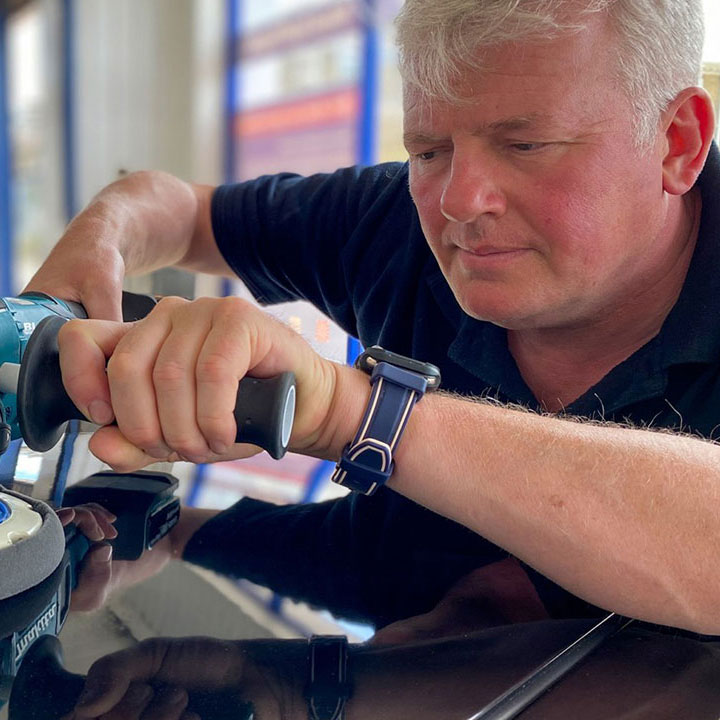
by Gary Wray
the New Again team
Related Blogs
Here are some more of our latest #LeaseReturnInspections blogs
End-of-Lease Car Repairs
If you ever need help with your car, then we are the people to speak with. Our company specializes in repairs for cars being returned to the lease company.
Read ArticleLeather Car Seat and Carpet Repairs
This was a car that had a scuff on the leather seat bolster and a hole in the carpet, worn through by a heel. These are both things we can repair.
Read ArticleReturning your Lease car : Is the Lease Company is out to get you?
If you look on the Internet there’s all kinds of people complaining about problems with recharges. Excessive prices, recharges for damage they swear they never had or for damage which should be fair wear and tear...
Read ArticleWhy do so many people lease cars?
Our team are experts when it comes to helping people return their lease cars at the end of contract.
Read Article
Can We Help You?
"We can offer specialist advice on the best car service to suit your requirements"
When bringing your car to New Again, we often ask you to explain exactly the reason for having your car Protected, Valeted or Repaired. Once we understand exactly what it is you are trying to achieve, we will appraise your vehicle using our detailed appraisal check-sheet allowing us to identify areas of concern and tailor specific services that match your requirements and budget.
If you are not sure what service you need and would like to speak to one of our technicians, simply request a callback by filling in the form on our contact page.
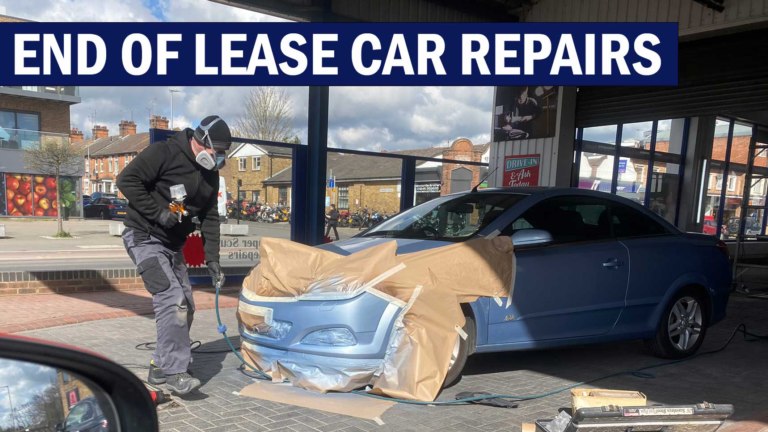
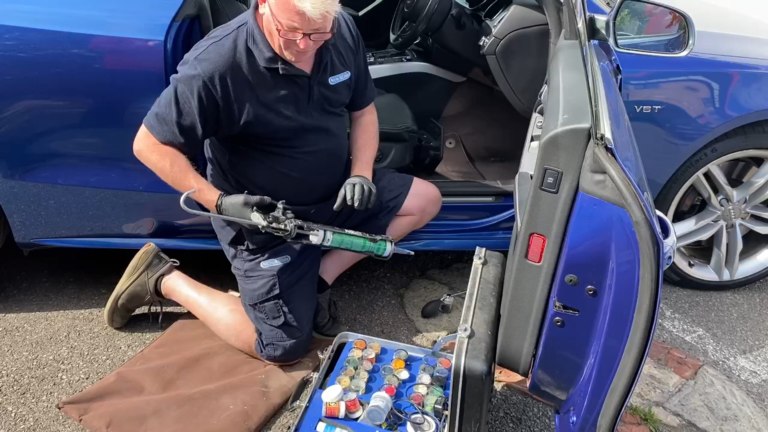
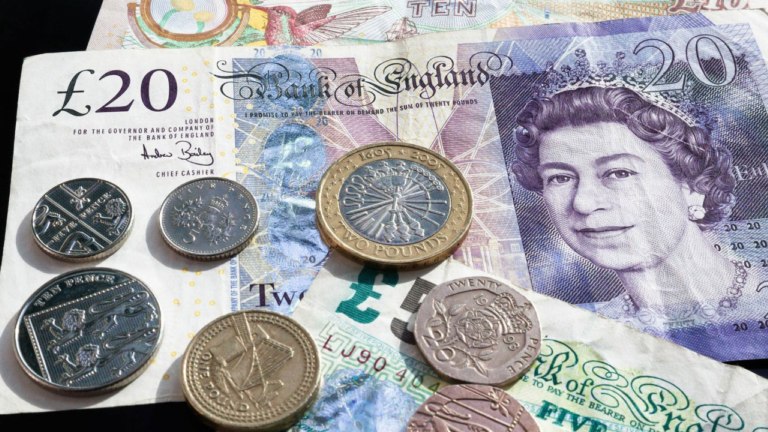
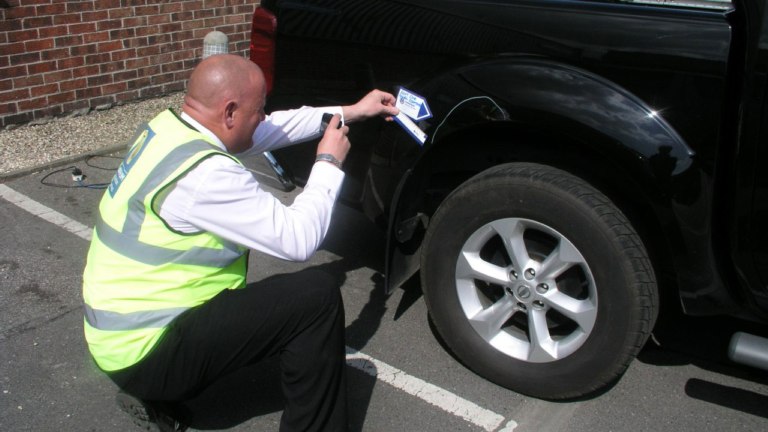
Share this blog